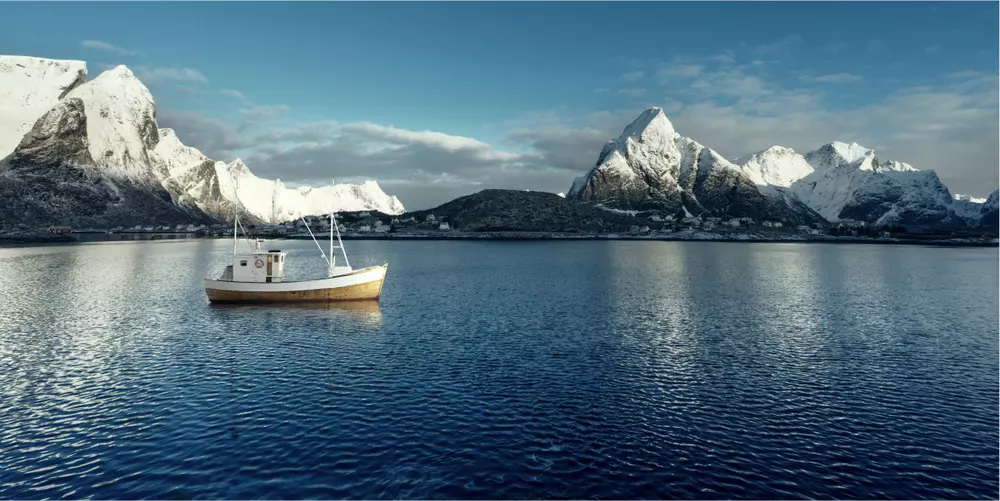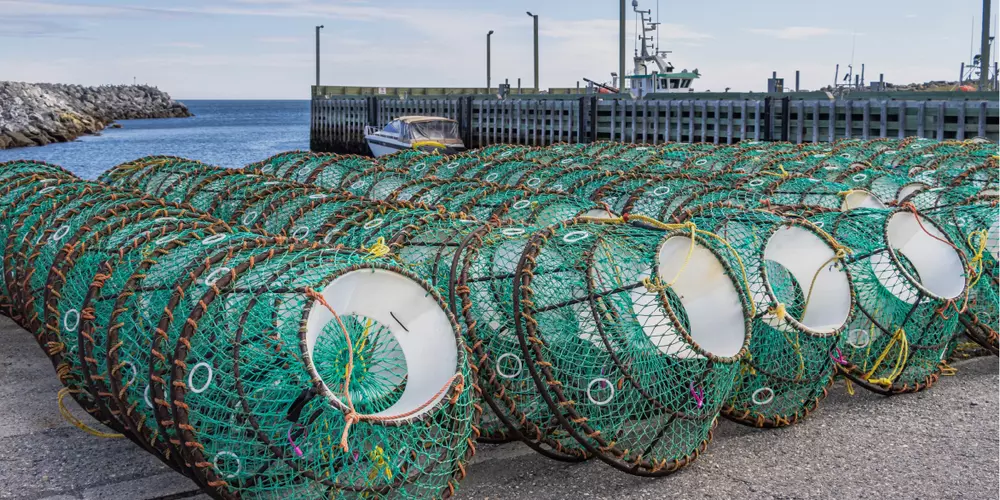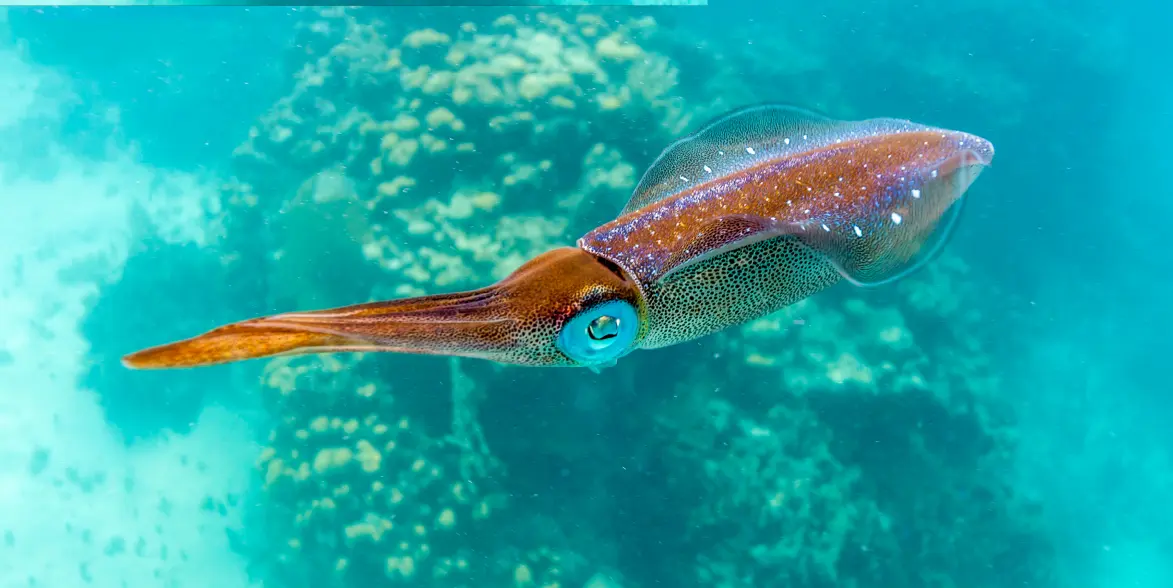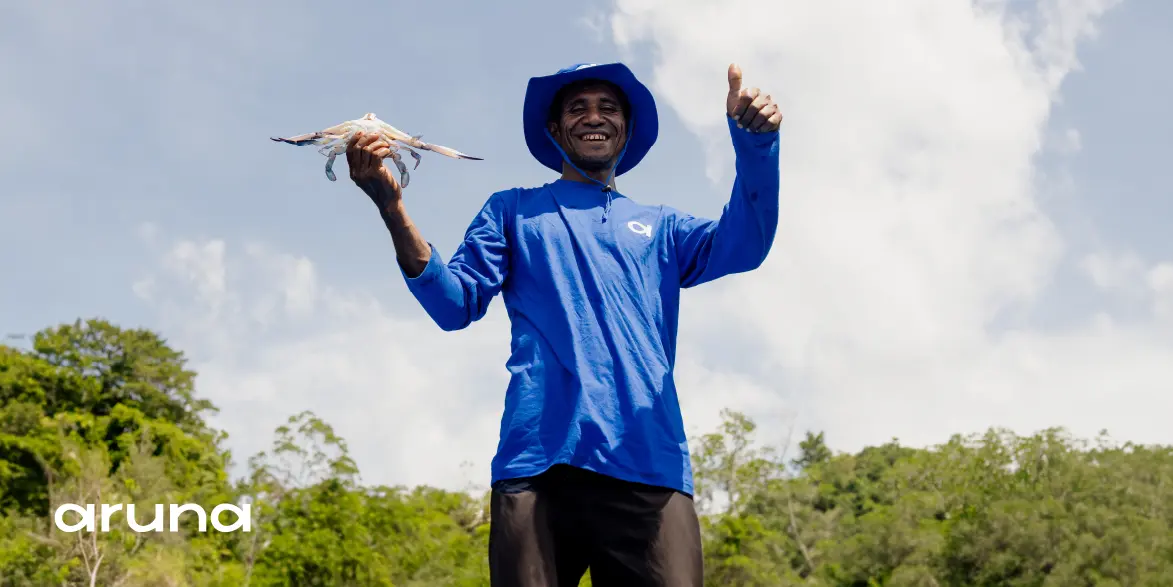The Government of the Republic of Indonesia has designated the maritime sector as a crucial axis of the future economy. Beyond embracing the blue economy, the government envisions Indonesia as a global maritime hub. In applying the blue economy, the concept of sustainable fisheries plays a pivotal role.
Countries that have succeeded in Implementing the Sustainable Fisheries Concept are Predominantly European Nations
 Implementing sustainable fisheries concepts is intricately linked to the blue economy, where economic progress must coexist with ecological preservation. Numerous countries acknowledge the significance of implementing sustainable fisheries concepts, and five countries have successfully put this sustainability concept into practice. Among these, four are European nations. Some of them include:
Implementing sustainable fisheries concepts is intricately linked to the blue economy, where economic progress must coexist with ecological preservation. Numerous countries acknowledge the significance of implementing sustainable fisheries concepts, and five countries have successfully put this sustainability concept into practice. Among these, four are European nations. Some of them include:
Canada
Canada has introduced various policies and practices for sustainable fisheries, proving effective. The nation employs stringent fisheries management systems, limiting the annual catch of fish. Moreover, Canada has developed a certification program for sustainable fisheries known as Fisheries Improvement Projects (FIPs).
United States
The United States has diligently worked toward implementing sustainable fisheries. It has introduced laws and regulations to cap fish catch and tightly control fishing activities. The U.S. has also established its certification program for sustainable fisheries, recognized as the Marine Stewardship Council (MSC). This program has successfully generated over 350 sustainable fish products in the global market.
New Zealand
New Zealand has implemented strict regulations to ensure the sustainability of its fisheries. Their effective fisheries management system includes setting fish catch limits, designating limited fishing zones, and prohibiting fishing in critical areas. New Zealand demonstrates a strong commitment to international fisheries sustainability by participating in various global forums and organizations.
Iceland
Iceland has been a leader in sustainable fisheries implementation. This Western European country has an effective fisheries management system, which includes catch limits and environmentally friendly technology usage to maintain marine resource sustainability. Iceland has also developed its own certification for sustainable fisheries called Responsible Fisheries Management.
Norway
Norway has led sustainable fisheries for decades, employing rigorous fisheries management systems. The Norwegian government restricts annual fish catch and maintains strict control over seafood supplier channels. Norway also possesses an internationally recognized certification system for sustainable fisheries. Presently, over 60% of fish caught in Norwegian waters are certified as sustainable fisheries.
The Indonesian government, through the Ministry of Maritime Affairs and Fisheries (KKP), has much to learn from countries that have advanced their fisheries industry through bilateral and multilateral cooperation in applying the sustainable fisheries concept. While advancing the maritime sector is not solely the government’s responsibility, all segments must unite in support and active involvement, spanning from producers to consumers.
As a supply chain aggregator, Aruna has been actively engaged in educating communities, from fishermen to broader consumers of seafood products, about the benefits of sustainable fisheries. Through the Aruna Hub ecosystem, coastal communities across various regions have received education on reducing fishing waste and transforming it into economically valuable products. This pursuit aligns with the mission to make the sea a better source of life for all.











Leave a reply
No comments found.